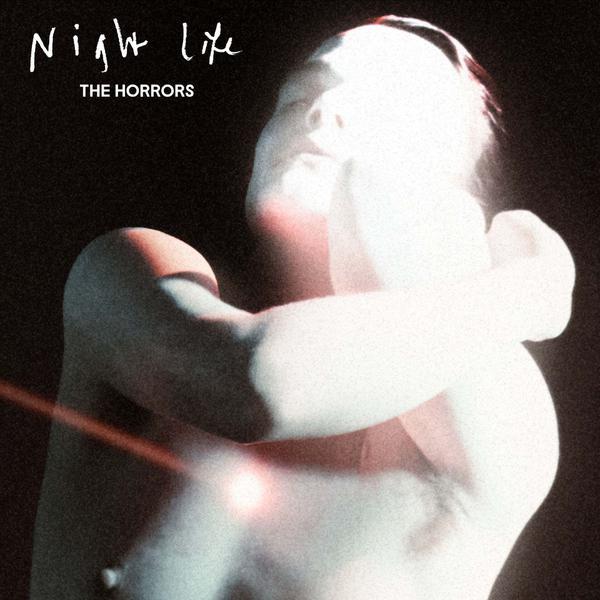For fans of The Horrors, the headline here is that, 20 years into the career, for their sixth album, the band have lost two of their founding members. Original keyboard player Tom Furse has gone, as has drummer “Coffin” Joe Spurgeon, to be replaced, respectively, by Amelia Kidd of Scottish synthy post-punkers The Ninth Wave and Jordan Cook of alt-indie Welsh outfit Telegram. Happily, these changes have not scuppered their overall dynamic. Indeed, the five-piece is now imbued with an encompassing darkness that harks back to their beginnings.
This is not to say the The Horrors have reanimated their Cramps-y garage punk first efforts. Their latest album has a determined doom but underpinned with cinematic electronic gloom. Where their last album, 2017’s V, revelled in eclecticism, Night Life’s smeared, squally moodiness is a singular statement. “As I walked through the blacked-out valley,” sings Faris Badwan on the Nine Inch Nails-ish stomp of “Silent Sister”, “With a soul I could never disguise…” Yup, "goth" is the word.
Other comparative references might include Death In Vegas's dirgey rock side, a couple of songs are very Depeche Mode, and the chorus explosion of “Trial by Fire” is redolent of Big Black’s excellent “Kerosene”. But The Horrors are no pastiche act, an impressive, smudgy production fogs every song, offering an echoing sense of ruination. It is very much their own.
The songs are growers too, from the clanging shimmer of epic closer “LA Runway”, where the rhythm section come into their own, to the incongruously funky doldrums of “The Silence That Remains”, the relentless eldritch/Eltritch is tempered with sonic snap.
Perhaps the most atypical song is “When the Rhythm Breaks”, which reminds of both Brian Eno’s beautiful “An Ending (Ascent)” and This Mortal Coil’s version of “Song to the Siren”. It’s a slowie but fits well on an album that electro-rocks with confident drama beneath its blanket of black.
Below: Watch the video for "Ariel" by The Horrors














Add comment